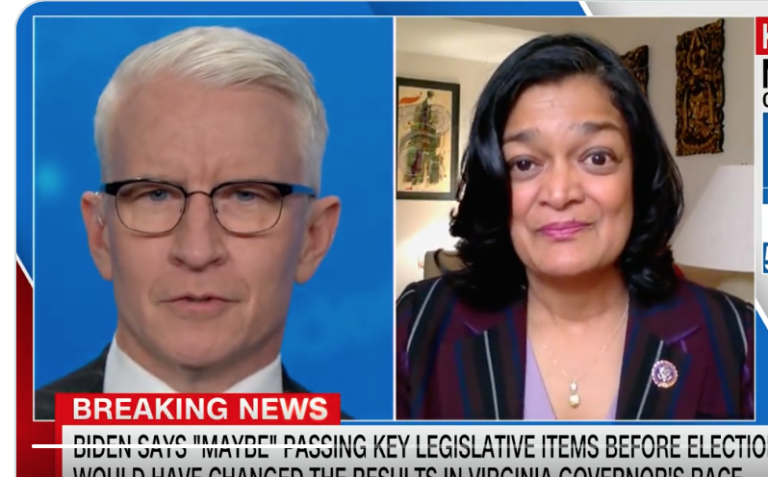I want to commend my colleague Roy Cordato’s column to you this morning. I think it’s absolutely brilliant.
What Cordato does is pinpoint the problem in where progressivist rhetoric diverges from conservative and libertarian rhetoric. I.e., why we seem to be talking past each other as we grapple with the same basic concerns about society. We differ greatly on the means to produce essentially shared ends.
Conservatives and libertarians argue from a perspective that sees government force as a last resort, if at all. To produce the change, the policies, the behavior they wish, therefore, requires persuasion. Which requires thinking, reasoning citizens.
It’s a slow, deliberative process that breeds impatience but when successful has social buy-in, as it were. What holds it together is the voluntary will of the people who understand why this change was made.
Progressives reach for government force up front to bring about the change they want. It’s a coldly efficient process, though it produces little social buy-in. What holds it together is the strength of the militant arm of the state and the will of the executive officials. Citizens are not called upon to reason, merely obey or else.
Cordato writes:
If progressive ideology were defined strictly in terms of ends and not means, given reasonable disagreement one would expect to find progressives on both sides of the issue.
But, in fact, if a progressive were to embrace the noncoercive approaches, as is occasionally the case, it is likely that his position would be described as conservative by fellow progressives. In other words, the use of coercion is inextricably tied to what it means to be a progressive.
One would be hard-pressed to find any public policy area in which, given two possible approaches, one focusing on free choice and voluntary action and the other on the use of government force, the approach offered by progressives doesn’t shun the former and embrace the latter.

